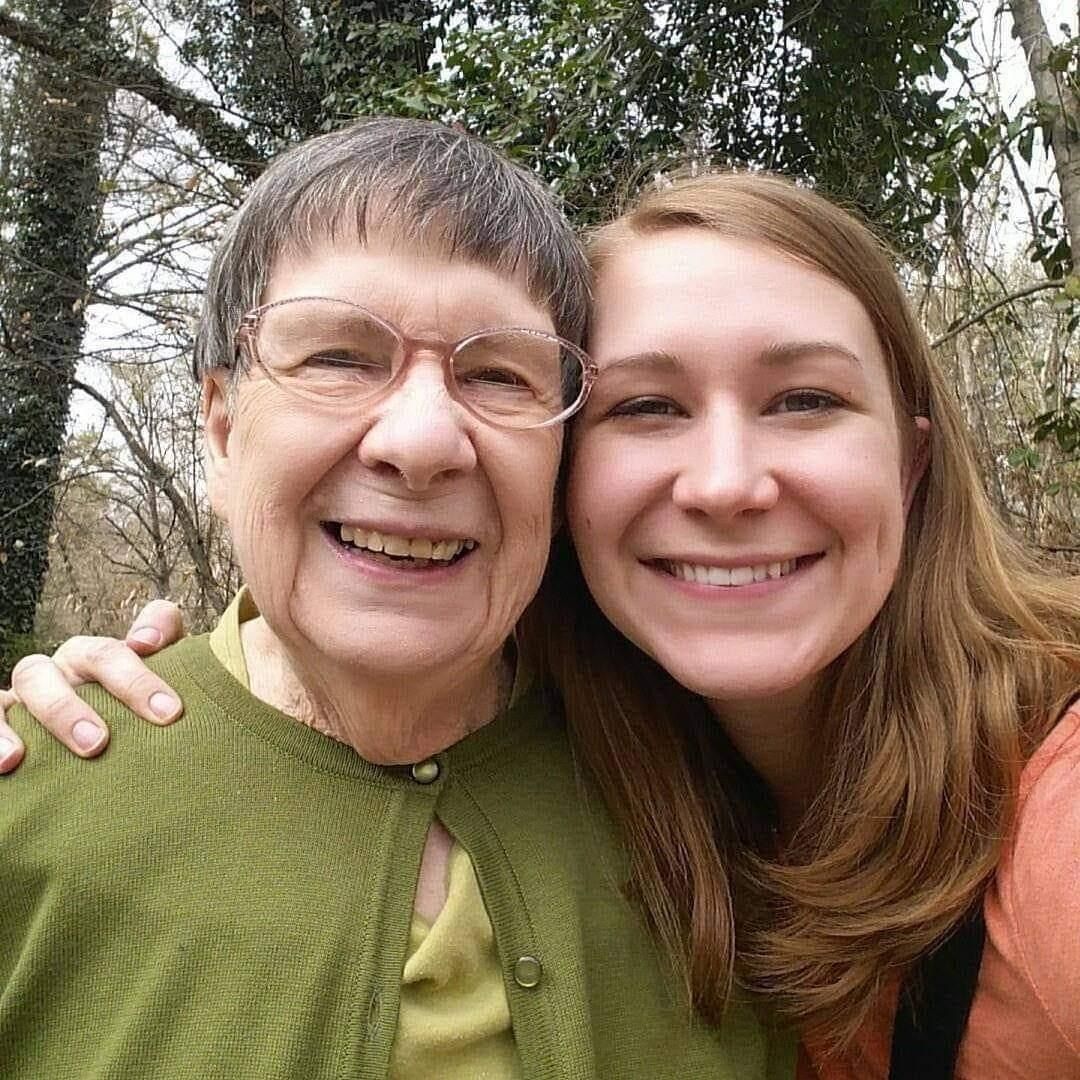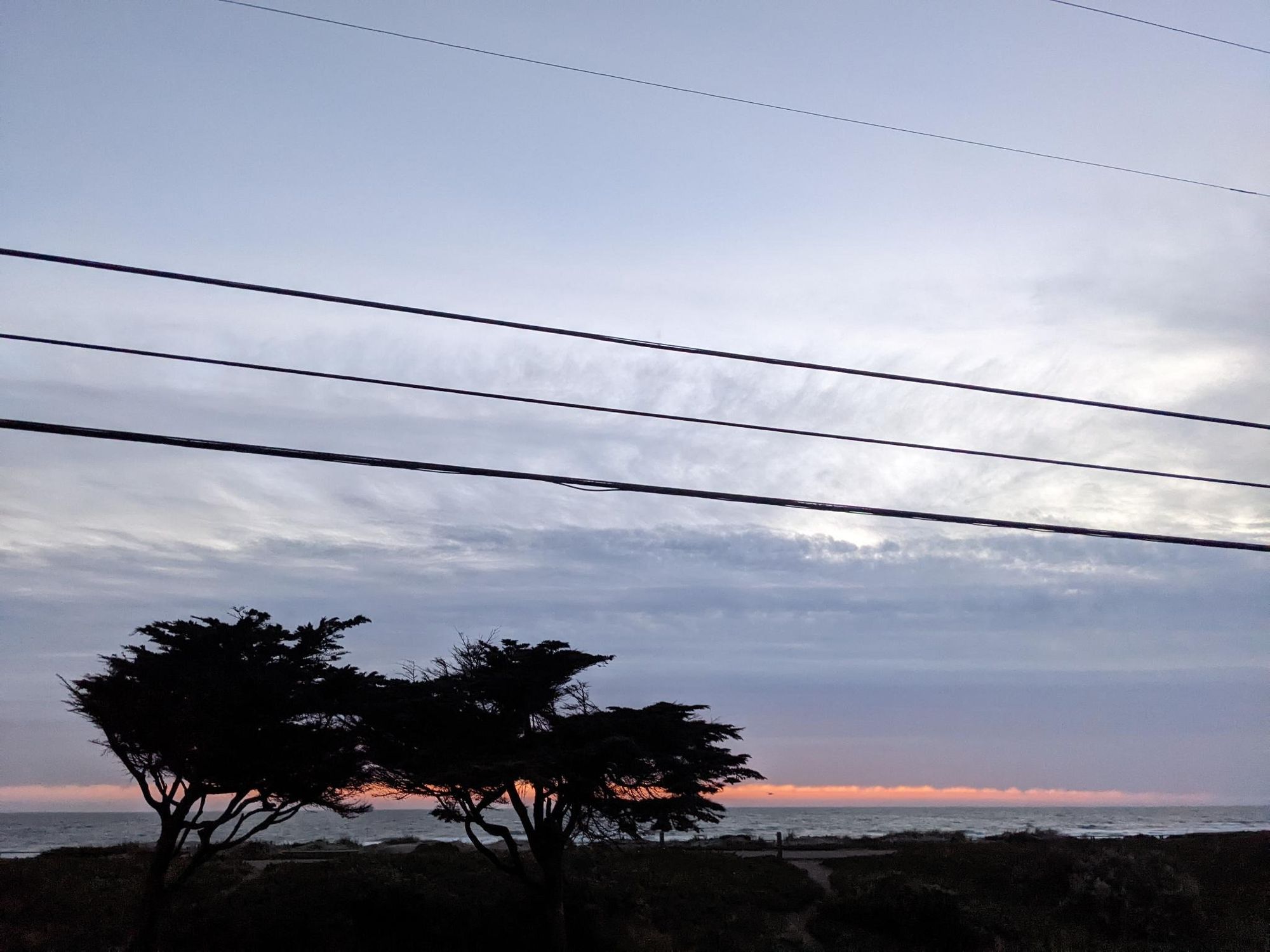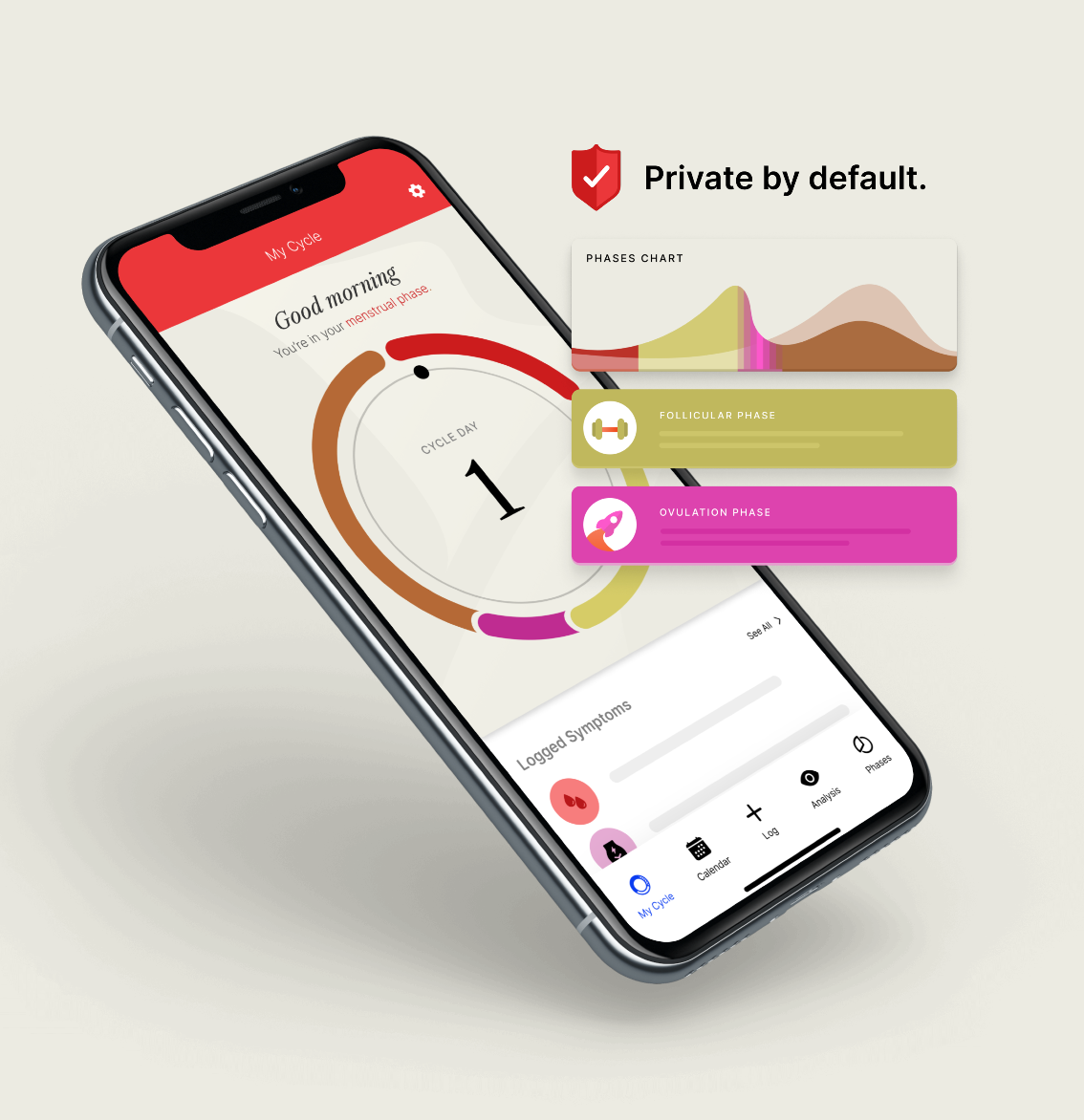By Anna Hall
Embody is the product of two life-changing events that took place two years apart and were vastly different in both impact and scale. The first was very personal, and affected only me and my family. The second affected – and continues to affect – every woman in the United States.
First, the personal.
In the two years following the birth of my second child, I found myself trapped on an emotional rollercoaster. I’d go from being totally fine to feeling like my world was collapsing.
For half of the month, every month, I’d become listless, unmotivated, irritable, hopeless. When those feelings eased, I’d kick into overdrive, trying to pick up the pieces. Then the cycle would start all over again. I was then a part-time special education teacher, but the lows became so bad that even the job I loved became impossible. Work, relationships, even parenthood – everything seemed overwhelming.
At last, I sought the help of a therapist, who in turn referred me to a psychiatrist. It was she who on March 12, 2020, diagnosed me with Premenstrual Dysphoric Disorder (PMDD).
This was the first I’d heard of PMDD, a cyclical, hormone-linked mood disorder with symptoms that hit during the premenstrual phase of the monthly cycle and subside once menstruation starts. It’s heritable and often becomes progressively worse with pregnancy, birth, miscarriage, and perimenopause.
It was as if the sun had come out for me after two years of darkness. I finally had a name to put to what had been happening to me.
Family Discoveries 🔎
What happened next brought its own form of relief. Before I’d even told her about my diagnosis, my mother sent me a text I will remember forever.
“I think I had this,” she wrote, with a link to an article. “Maybe you do too?” She and I talked in more detail and I learned that her mother had faced exactly the same ordeal in the 1960s. I was no longer alone.
My grandmother is one of the greatest women I’ve ever known. Like many people of her generation, though, she’s also very private. I had never heard a word of this before. Hoping to learn more, I got in touch.
I discovered she’d also been forced to give up teaching because of her symptoms. Desperate, she consulted legendary New York reproductive health physician Anna Southam, who prescribed an experimental drug that stopped my grandmother’s cycle for a year so she could recover.
My grandmother also benefited from keeping track of the timing and duration of her symptoms in a journal: an early version of what has come to be known as cycle syncing.
Cycle syncing – something of a buzzword right now – generally describes the helpful practice of adjusting your diet, exercise, and self-care routine according to the hormonal phases of your menstrual cycle in order to optimize your well-being. It has helped me a lot.
By learning the ins and outs of my cycle, and by planning everything from family outings to self-care around them, I started to work with my cycle, rather than against it.

A Thunderbolt at Dawn ⚡️
If it hadn’t been for an event of a very different nature, the story may have ended there.
The date was Friday, June 24, 2022. Sound familiar? It should.
A bunch of us – my parents, my brother and his family, and my husband and kids – had rented a vacation house near one of my favorite places in the world: Ocean Beach in San Francisco.
My children had me up before dawn and I joined my brother Ben in the kitchen to make coffee and kid breakfast (the one that comes hours before real breakfast). As we waited for the coffee to brew, he scrolled through the news on his phone. Suddenly he stopped, gave me a long look, and said, “Anna, Roe v Wade has been overturned.”
The words hit me like a thunderbolt. There I was, PJ-clad, groggy, uncaffeinated as the sun rose over the dunes, and the worst had happened. I couldn’t speak for an hour.
I’d known it was coming, but the reality was still a shock. My sister-in-law, who woke up next, held back her tears when we told her, then ducked into the living room and cried quietly while brushing her daughter's hair.
When my mother came smiling out of her room, it all became too much. I broke down; sobbing so hard I couldn’t get the words out. She put her arms around me and asked what was wrong. Ben told her. We cried together.
What we were witnessing was nothing less than the ripping away of rights we’d taken for granted for decades. When this holiday was over, we were going home to a state poised to trigger a heartbeat law: legislation that prohibits abortions after six weeks. At that point, many women don’t even know they’re pregnant.
Women will die, I thought. Families will suffer. What about my daughter? What will her adolescence look like? Will contraceptives even be available then? Will she get the proper education about her reproductive health unavailable to me? Not likely. It’s truly surreal to wake up and discover that what happens to your body is no longer legally up to you.
Coming back to myself, I jumped onto the Internet to search for events in San Francisco that day: marches, rallies, protests – any gathering where we could scream a collective “NO!”
I sent a list of possibles to my sister-in-law who pointed out that they were all scheduled around bedtime for the children, who were already having a hard time because it was the last day of our holiday. So we didn’t go. Instead, we put our kids to bed and cried quietly in our rooms.

“What Can We Do?” 🤔
I spent the next few weeks at a fever pitch of frustration. I wanted so desperately to do something but didn’t know where to begin.
Then came my 10th wedding anniversary and a dinner that changed my life. My husband and I had booked a table at a restaurant to celebrate. As we talked, I realized he was feeling every bit as frustrated as I was, and just as helpless.
“What can we do?” he said. “Is there a way to decentralize contraceptive and reproductive care?”
“We don’t even have a period tracker that’s safe,” I said. “We should start there.”
As soon as the words were out of my mouth, I knew I’d hit on the answer. I took out a pen and spent the rest of the evening back-of-the-napkin brainstorming what would become Embody (then called Power Period) and what-iffing.
Data is Power 💪
I wasn’t the only one who saw the peril of not having a secure way to track our cycles after the fall of Roe.
In the wake of the verdict, Gina Neff, Professor of Technology and Society at Oxford, tweeted: "Right now, and I mean this instant, delete every digital trace of any menstrual tracking."
She was echoed by a chorus of data privacy experts, who pointed out the weaknesses in American privacy laws and the risks inherent in giving any central body power over sensitive data, particularly when it could one day be subpoenaed and used against us in a court of law.
The leading period trackers Flo and Clue, used actively by more than 60 million people globally, have pledged to do their best to protect user information. But the very fact that they collect and hold that information makes those pledges meaningless.
Flo has faced a barrage of privacy lawsuits. In January 2021, it settled with the U.S. Federal Trade Commission after the FTC alleged it was settling data to third parties despite promises to keep it secure. The settlement required Flo to release an updated version, undertake a security audit, and to get user consent before sharing data.
Even tech giants with a pro-privacy stance, like Apple, face scrutiny for how they collect and protect healthcare data. After Roe was overturned, 10 state attorneys general wrote to CEO Tim Cook, urging him to beef up protections for apps that track reproductive health.
Privacy By Default 🔐
My PMDD had already taught me how crucial it is for us all to better understand our bodies and I understood that tracking tools can make that job far easier.
What I realized at that pivotal 10th anniversary dinner was that it is just as important to have a tracking tool that will never share data with authorities, no matter the pressure placed on its creators. And the best way to make that happen? Don’t have that data in the first place.
That’s what sets Embody apart.
Most apps collect data from users from the start, making it impossible to guarantee it won’t be compromised and released by hackers, sold to third parties, or used as evidence in court.
Embody offers privacy by default – an idea that’s blindingly simple yet revolutionary in today’s tech space. Default means users don’t have to select an “anonymous mode” or turn on a special setting. Their actions are always private. We have built our business model around security from day one.

Our closed beta app is stored locally on your phone. The information you enter doesn’t touch a server without your explicit consent. The public version of the app will be fully encrypted and, unlike other period trackers, open source so anyone can verify our security guarantee.
Once I knew what we needed, I set about building a team of menstruators who shared my visceral understanding of the importance of privacy in a post-Roe world.
With Embody, we are setting out to give everyone with a cycle the safe, secure, and powerful tools they need to understand and work with their bodies, while retaining power over their data.


